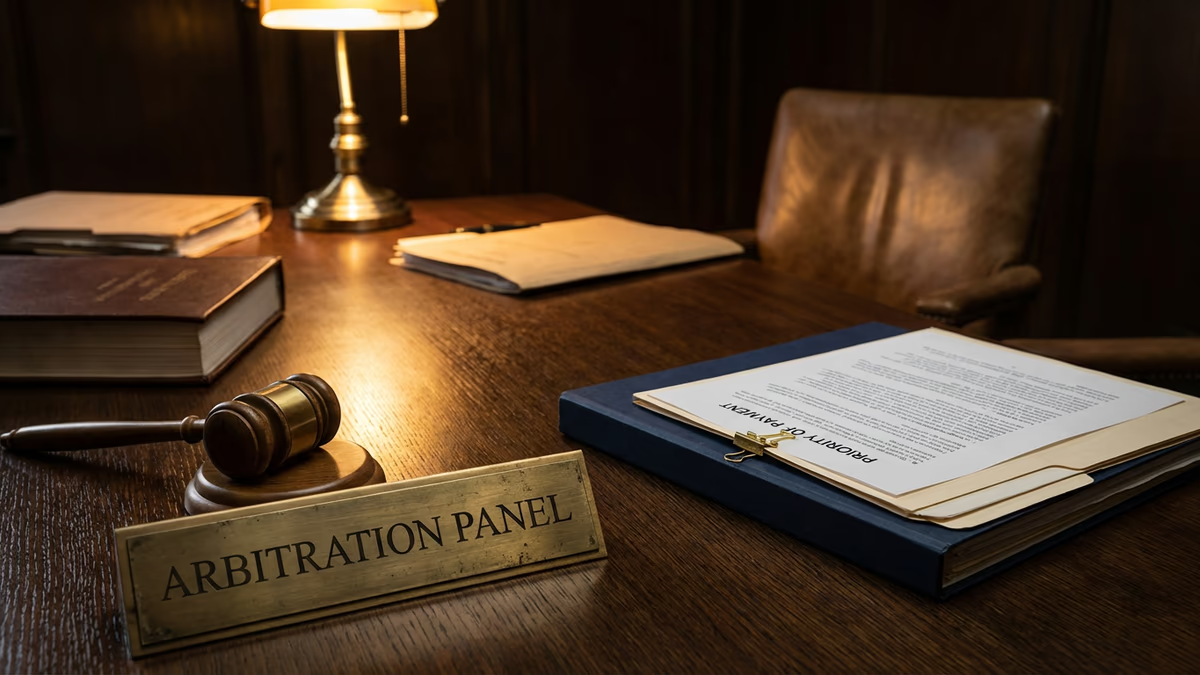Key Takeaway
Wells Fargo v Meyers ruling weakens CPLR 3408 mortgage foreclosure protections, allowing banks to negotiate in bad faith without meaningful consequences.
Wells Fargo Bank, N.A. v Meyers, 2013 NY Slip Op 03085 (2d Dept. 2013)
Can’t beat the banks.
Wells Fargo in this case, similar to so many banks an their law firms, lost applications and other paper work that was necessary in resolving the matter. A trial modification was offered but then rescinded and the Court found that the bank acted inappropriately. A hearing was held and the bank was forced to continue the trial modification until the note was repaid.
Bank appealed stating that CPLR 3408 did not allow this to happen and appealed. The Appellate Division Second Department, in a less than thoughtful opinion, has told the banks that it is okay not to compromise mortgage foreclosures in good faith, that this is acceptable behavior and that 3408 is salutary at best.
(1) “Granting deference to the Supreme Court, which presided over this case, including the settlement conferences and the “good faith hearing” (see Decker v Decker, 91 AD3d 1291, 1292), we see no reason to disturb that court’s finding that Wells Fargo failed to satisfy its obligation pursuant to CPLR 3408(f) to “negotiate in good faith to reach a mutually agreeable resolution.”
** 3408 is the settlement conference that a bank must offer a mortgagor before a case moves to the general foreclosure calendar, where a summary judgment motion is made and an order of reference is granted.
(2) “It would certainly seem that CPLR 3408(f) and 22 NYCRR 202.12-a(c)(4) both provide the courts with the authority to take some action where a party fails to satisfy its obligation to negotiate in good faith. Again, CPLR 3408(f) mandates that the parties “shall negotiate in good faith to reach a mutually agreeable resolution, including a loan modification, if possible” (CPLR 3408). The provisions of 22 NYCRR 202.12-a echo the requirement of CPLR 3408(f), and further state that “he court shall ensure that each party fulfills its obligation to negotiate in good faith” (22 NYCRR 202.12-a).”
(3) While we do not rule out the possibility of other permissible remedies, we conclude that the one employed here—the imposition of the terms of the so-called “original modification agreement proposed by the plaintiff and accepted by the defendants” (Wells Fargo Bank, N.A. v Meyers, 30 Misc 3d at 701), as the new, binding terms of the agreement between the defendants and Freddie Mac—was unauthorized and inappropriate.”
(4) “Rewriting the parties’ agreement based on the terms of the first trial modification, against Wells Fargo’s will, upon a finding that Wells Fargo demonstrated bad faith, cannot be deemed a “mutually agreeable resolution” to the matter.”
I would have dissented and affirmed with costs. When a statute forces a party to compromise and act in good faith and the bank willfully defies the will of the statute, the supreme court, which has equitable powers, has to be able to do something.
Related Articles
- Understanding CPLR timing rules and summary judgment procedures
- How the CPLR 3212(g) paradigm affects motion practice
- When reasonable excuse can overcome procedural defaults
- Recent regulatory amendments impacting no-fault practice
- New York No-Fault Insurance Law
Legal Update (February 2026): Since this 2013 post, CPLR 3408 has undergone several amendments affecting mandatory settlement conference procedures, good faith negotiation requirements, and judicial oversight mechanisms in foreclosure proceedings. Practitioners should verify current provisions as both procedural requirements and substantive obligations under the statute may have been modified through legislative updates and revised court rules.
Common Questions
Frequently Asked Questions
What is New York's no-fault insurance system?
New York's no-fault insurance system requires all drivers to carry Personal Injury Protection (PIP) coverage. This pays for medical expenses and lost wages regardless of who caused the accident, up to policy limits. However, you can only sue for additional damages if you meet the 'serious injury' threshold.




